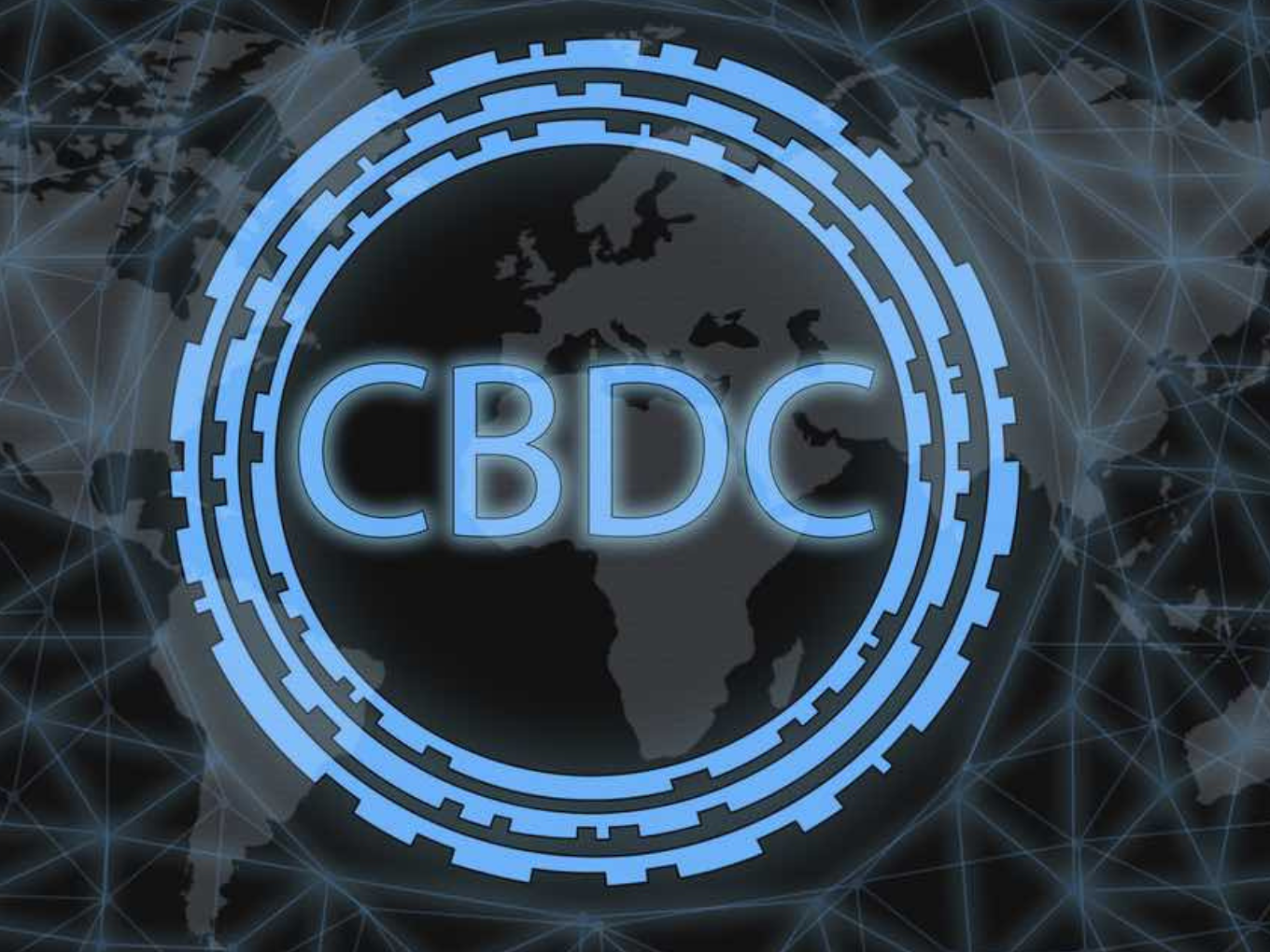The CBDC Anti-Surveillance State Act was introduced in September 2023 by House Majority Whip Representative Tom Emmer of Minnesota. This week, the House passed the bill 216 to 192, with 213 Republicans voting in favor. Three Democrats voted for the bill, while 192 Democrats opposed it.
Emmers introduce the bill as a way to halt the efforts of unelected bureaucrats in Washington, D.C. from issuing a central bank digital currency (CBDC) that dismantles Americans’ right to financial privacy. The bill was supported by 50 original cosponsors.
An press release from Whip Emmers office when the bill was introduced says:
“The administration has made it clear: President Biden is willing to compromise the American people’s right to financial privacy for a surveillance-style CBDC. That’s why I’m reintroducing my landmark legislation to put a check on unelected bureaucrats and ensure the United States’ digital currency policy upholds our values of privacy, individual sovereignty, and free-market competitiveness,” Whip Emmer said.
“If not designed to be open, permissionless, and private – emulating cash – a government-issued CBDC is nothing more than a CCP-style surveillance tool that would be used to undermine the American way of life,” Whip Emmer concluded.
CBDCs, or Central Bank Digital Currencies, are digital forms of a country’s fiat currency, issued, regulated and centralized by the respective central bank. They aim to provide a digital alternative to physical cash and traditional banking systems, with the potential to improve financial inclusion and streamline transactions.
The main differences between CBDCs and cryptocurrencies lie in their control and governance. CBDCs are centralized, meaning they are issued and regulated by a central authority, typically a country’s central bank.
In contrast, cryptocurrencies like Bitcoin are decentralized, operating on a distributed ledger technology called blockchain, without any central authority controlling them.
The controversy around CBDCs primarily revolves around concerns about privacy and government control. Since CBDCs are centralized and programmable, they could allow the government to monitor and control financial transactions, including rules that allow you to only spend your money at stores the government approves of and which products and services that you are allowed to pay for with your money
Critics and citizens argue that this level of control will likely be used to suppress financial freedom and impose restrictions on individuals’ economic activities, in much the same way that economic sanctions are imposed on foreign countries that go against US Government policies.
Federal Reserve’s Position
In the United States, the Federal Reserve has served in the role of central bank since 1913. In recent years, the Fed has issued a variety of white papers, hosted working groups as well as launching pilot CBDC projects with a variety of existing banking institutions.
In March, Fed Chairman Jerome Powell told Congress and news outlets that they are “nowhere near recommending, let alone adopting” a CBDC. Adding that if they were to implement a CBDC, that it would be done directly through the nation’s banking system.
This bill aims to curb the powers of the Federal Reserve by blocking their ability to implement a CBDC.
In the first part of last year, lawmakers in Indiana, Florida and Alabama passed legislation that would ban the implementation and use of CBDCs inside their states.
Since then, 11 additional states have similar pending legislation that aims to prevent the Federal government from implementing a CBDC due to the inherent privacy issues.






